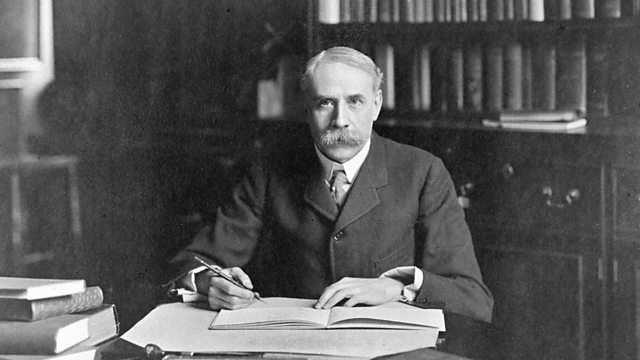Lower Broadheath, Worcestershire: Tragedy Inspires Elgar's Masterpiece
Britain wasnβt always βLand of Hope and Gloryβ for this famous composer
His work is used to celebrate Britain and evoke feelings of patriotism across the nation, but Sir Edward Elgar was greatly troubled by World War One and struggled with the vitriol and hatred shown towards the Germans.
He felt a debt of gratitude to the German nation as they had championed his earlier works including βThe Dream of Gerontiusβ and many of his closest friends were German. He was deeply patriotic himself though and many of his compositions were used for charity concerts during the war and, of course, βLand of Hope and Gloryβ became widely used to stir the nation.
In 1914, Elgar was approached to set the poems by Laurence Binyon to music but he was deeply affected by the suffering of the war and felt it difficult to set some of the harsher words in the poems to music. He struggled to complete the work in a year.
It took tragic news from the Western Front to enable him to overcome his personal doubts and complete what many view as his greatest work: βThe Fourth of Augustβ. On hearing of the death of Kenneth, the son of his former fiancΓ©e Helen Weaver, he fled London and started work on the final part of βThe Spirit of Englandβ.
Location: Lower Broadheath, Worcestershire WR2 6RH
Image Sir Edward Elgar in 1914, courtesy of the Elgar Birthplace Museum
Duration:
This clip is from
Featured in...
![]()
Arts & Media
The impact on arts, literature, poetry and journalism
![]()
ΒιΆΉΤΌΕΔ Hereford & Worcester—World War One At ΒιΆΉΤΌΕΔ
Places around Hereford & Worcester that tell a story of World War One
![]()
Interviews—ΒιΆΉΤΌΕΔ Music Introducing in Hereford & Worcester
Heard about a good story but missed it on the radio? We've collated the best interviews.
More clips from World War One At ΒιΆΉΤΌΕΔ
-
![]()
The loss of HMY Iolaire
Duration: 18:52
-
![]()
Scotland, Slamannan and the Argylls
Duration: 07:55
-
![]()
Scotland Museum of Edinburgh mourning dress
Duration: 06:17
-
![]()
Scotland Montrose 'GI Brides'
Duration: 06:41









